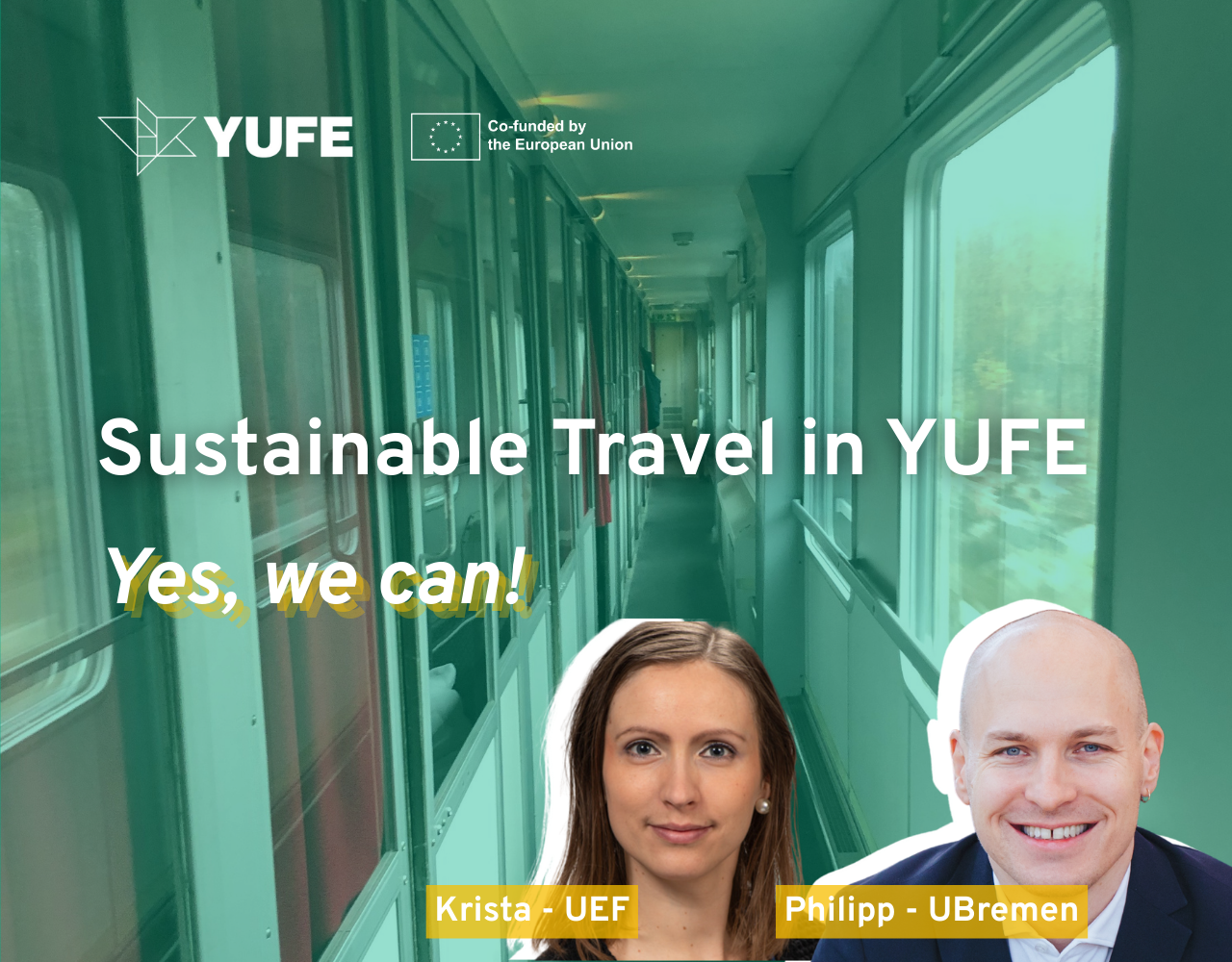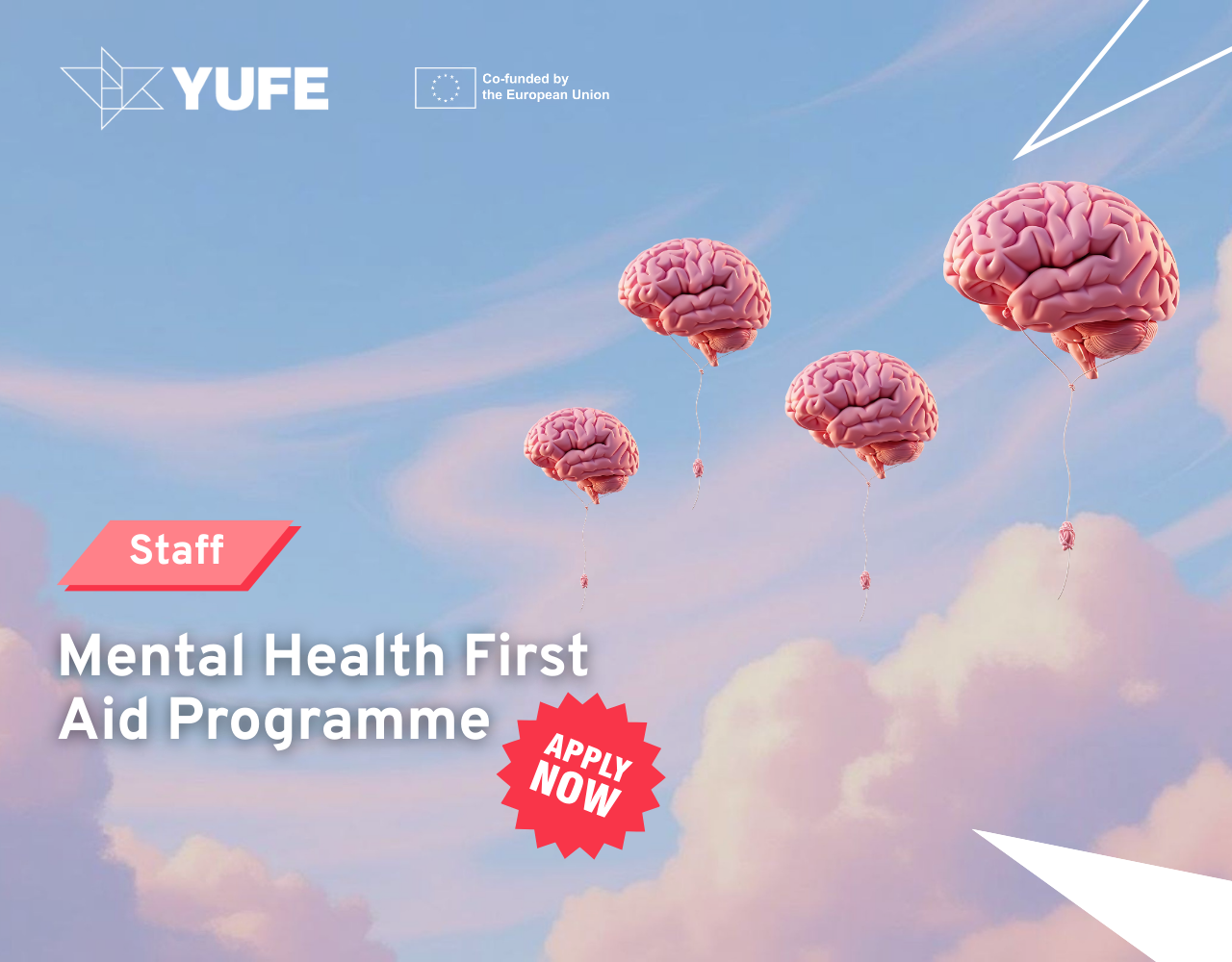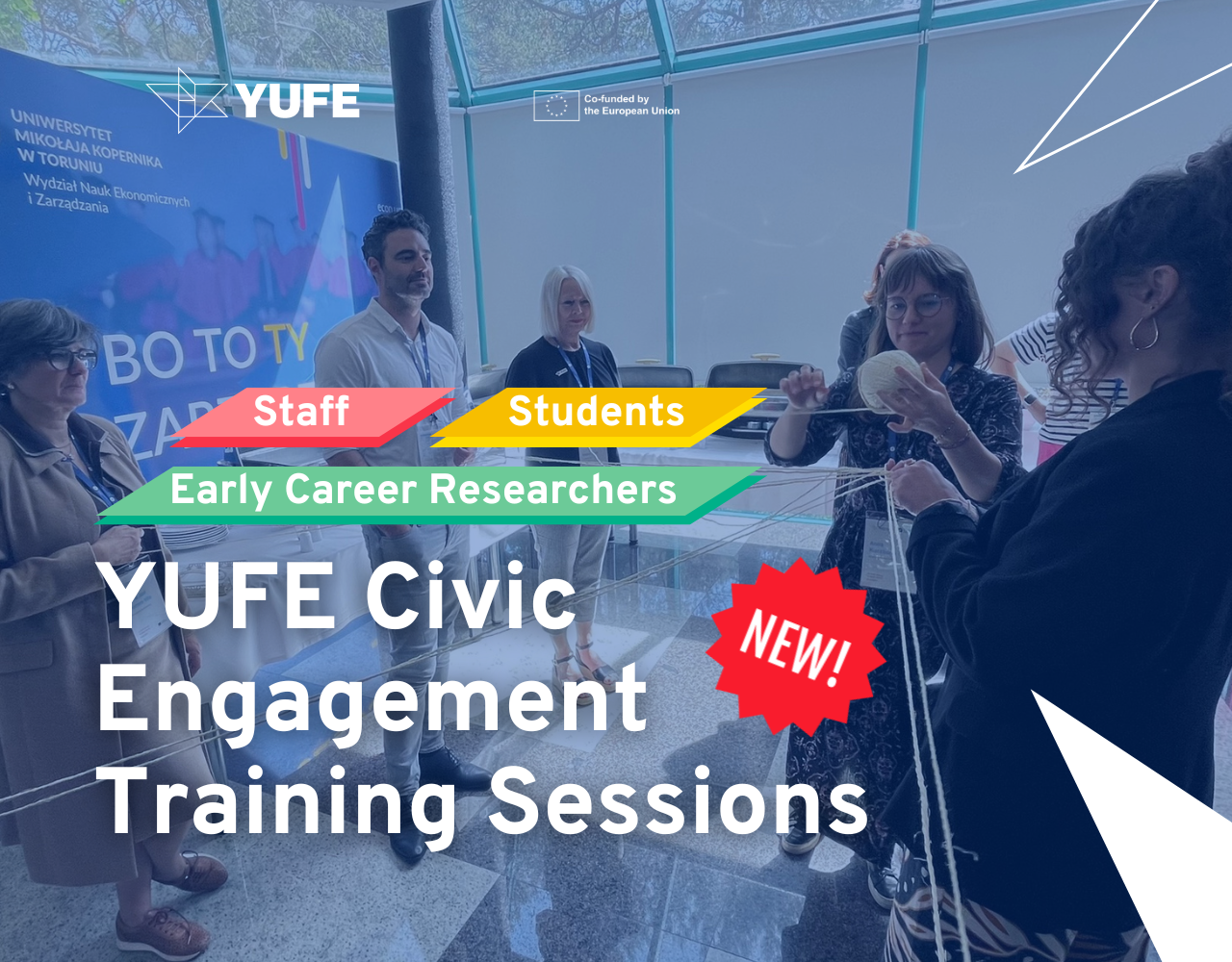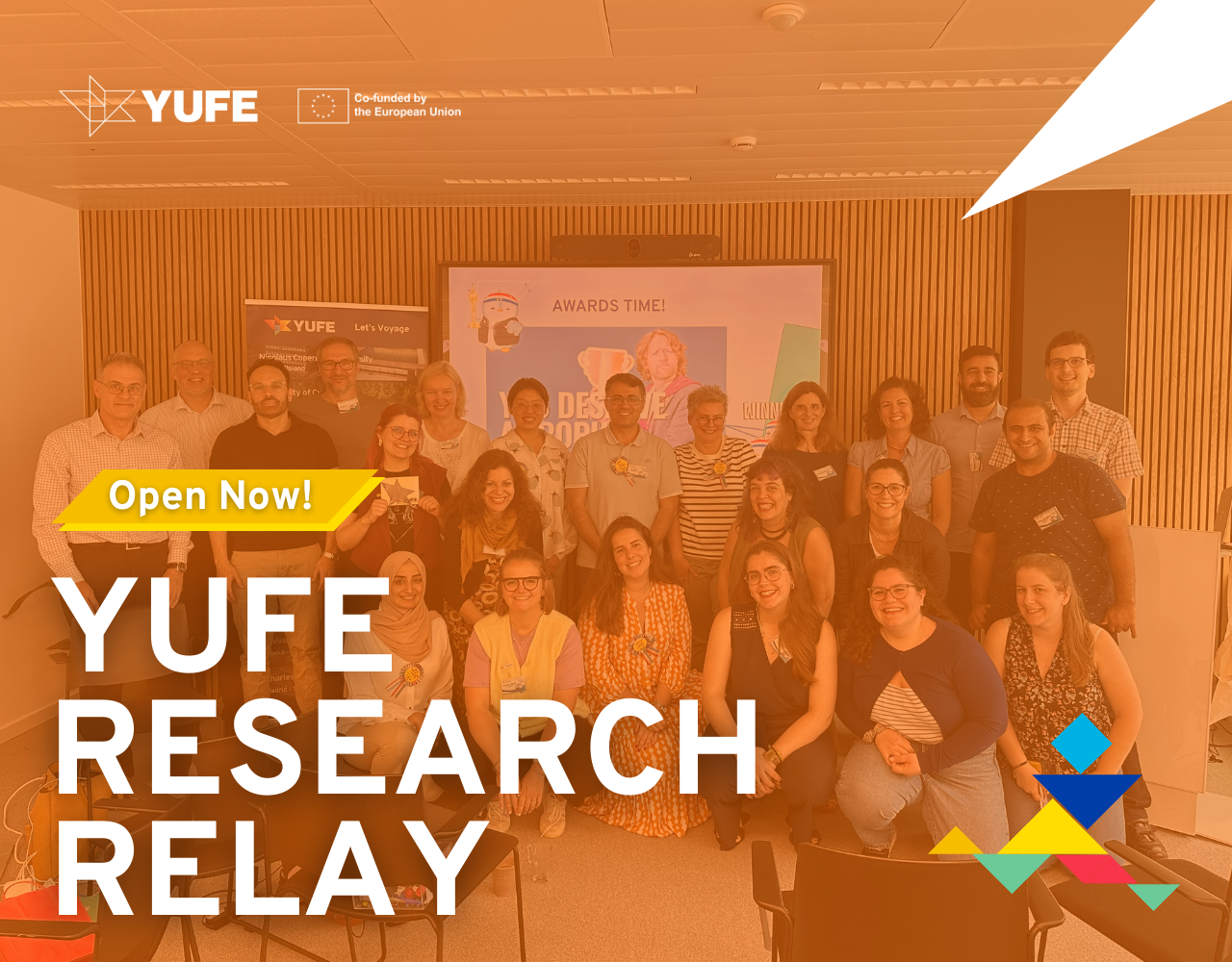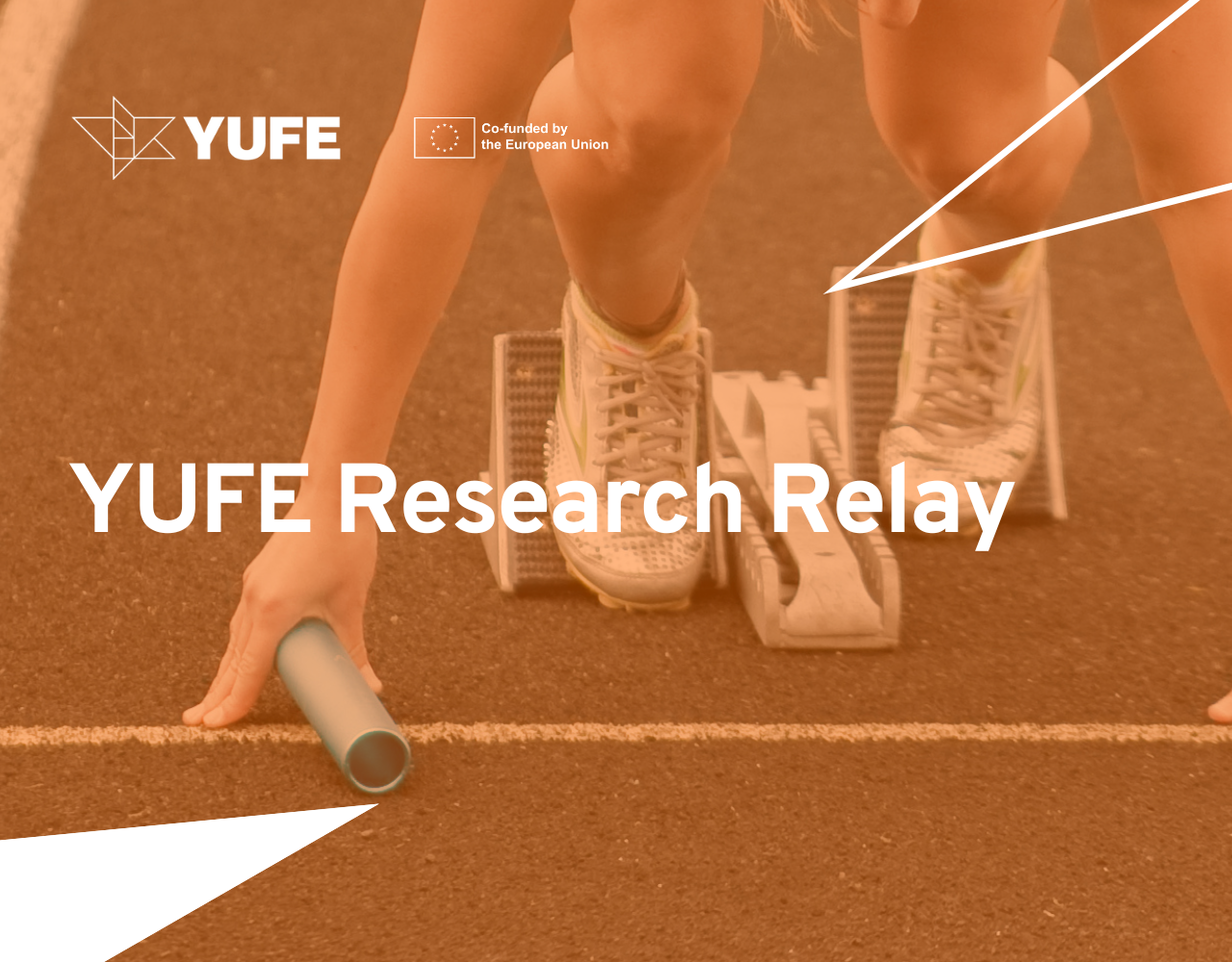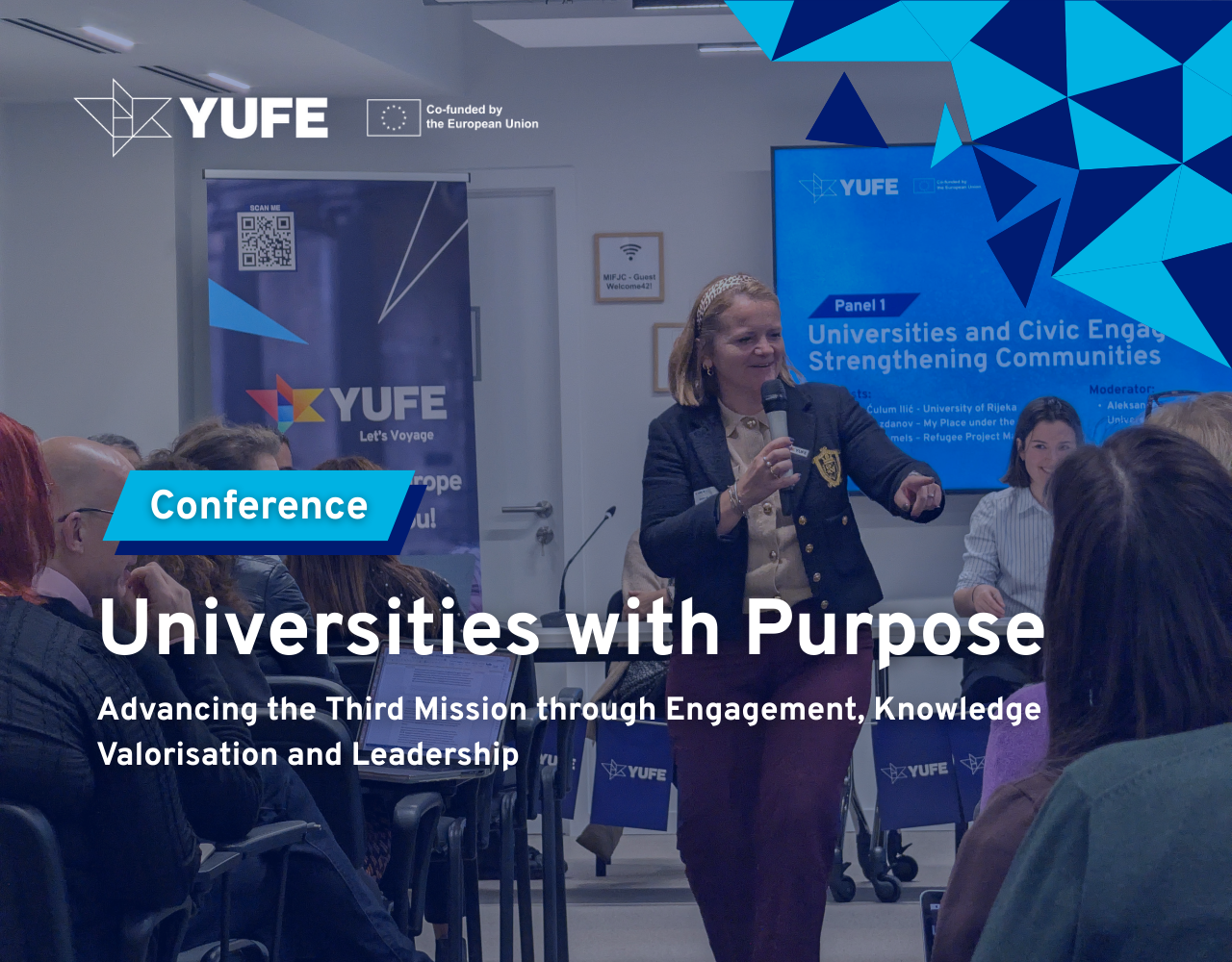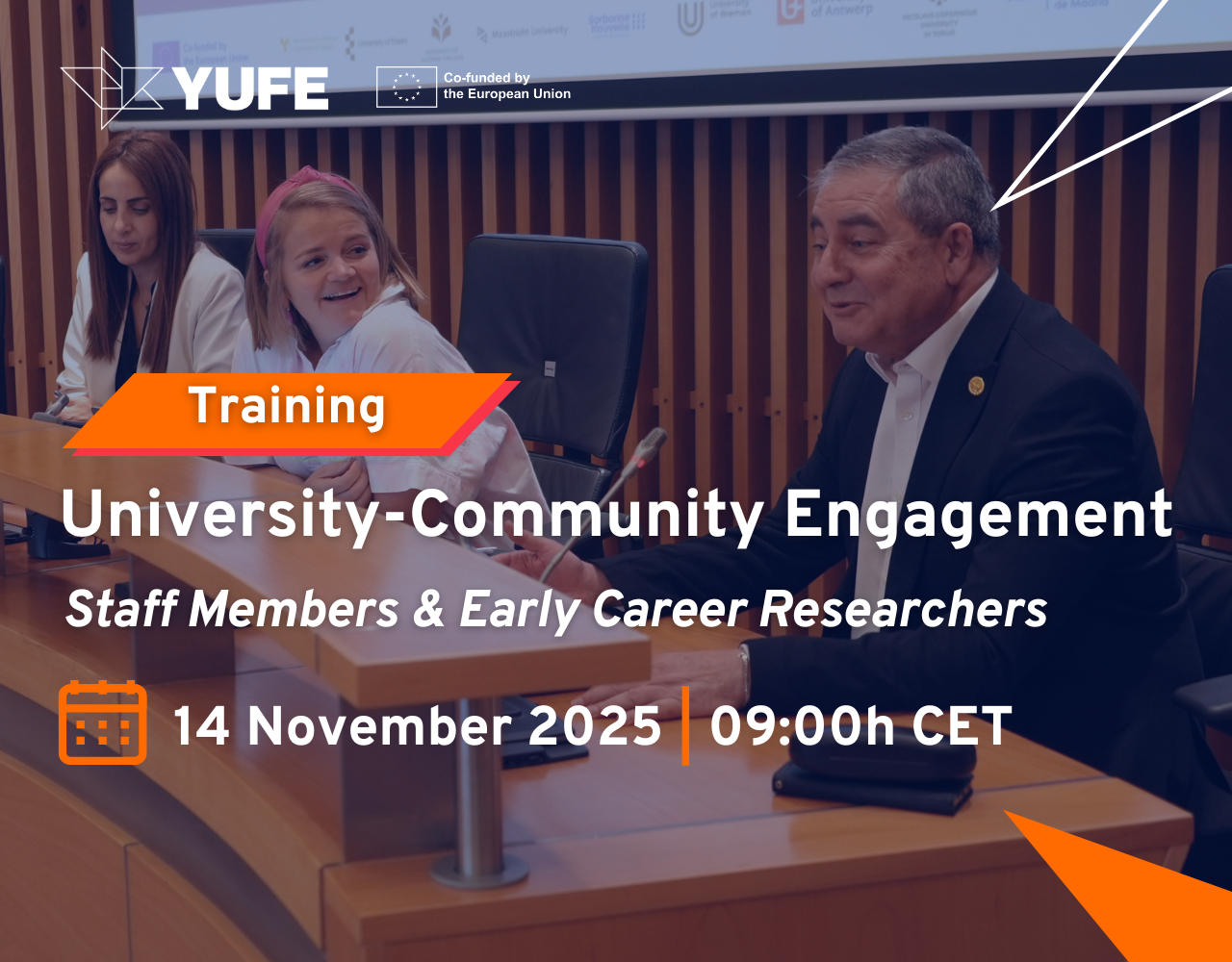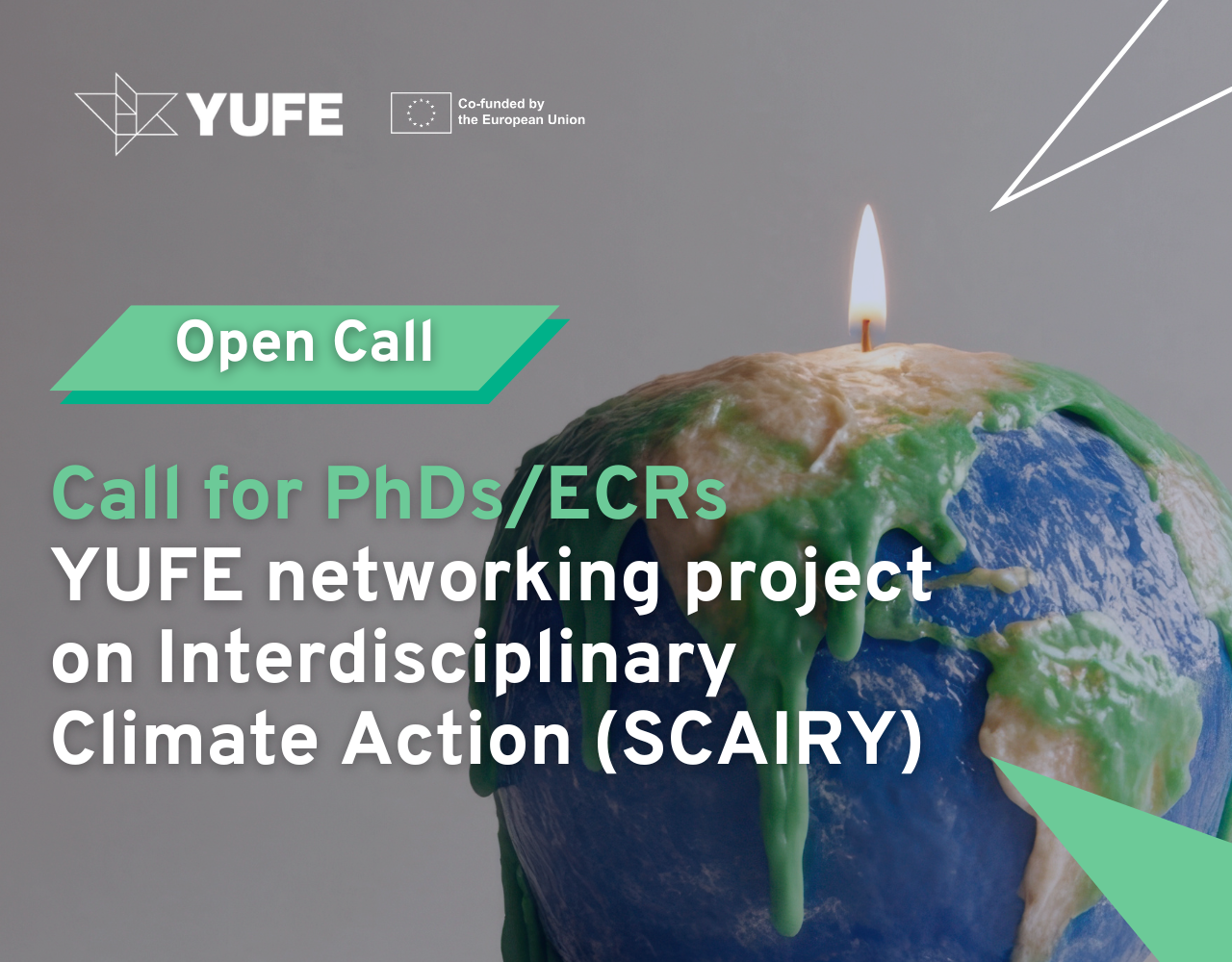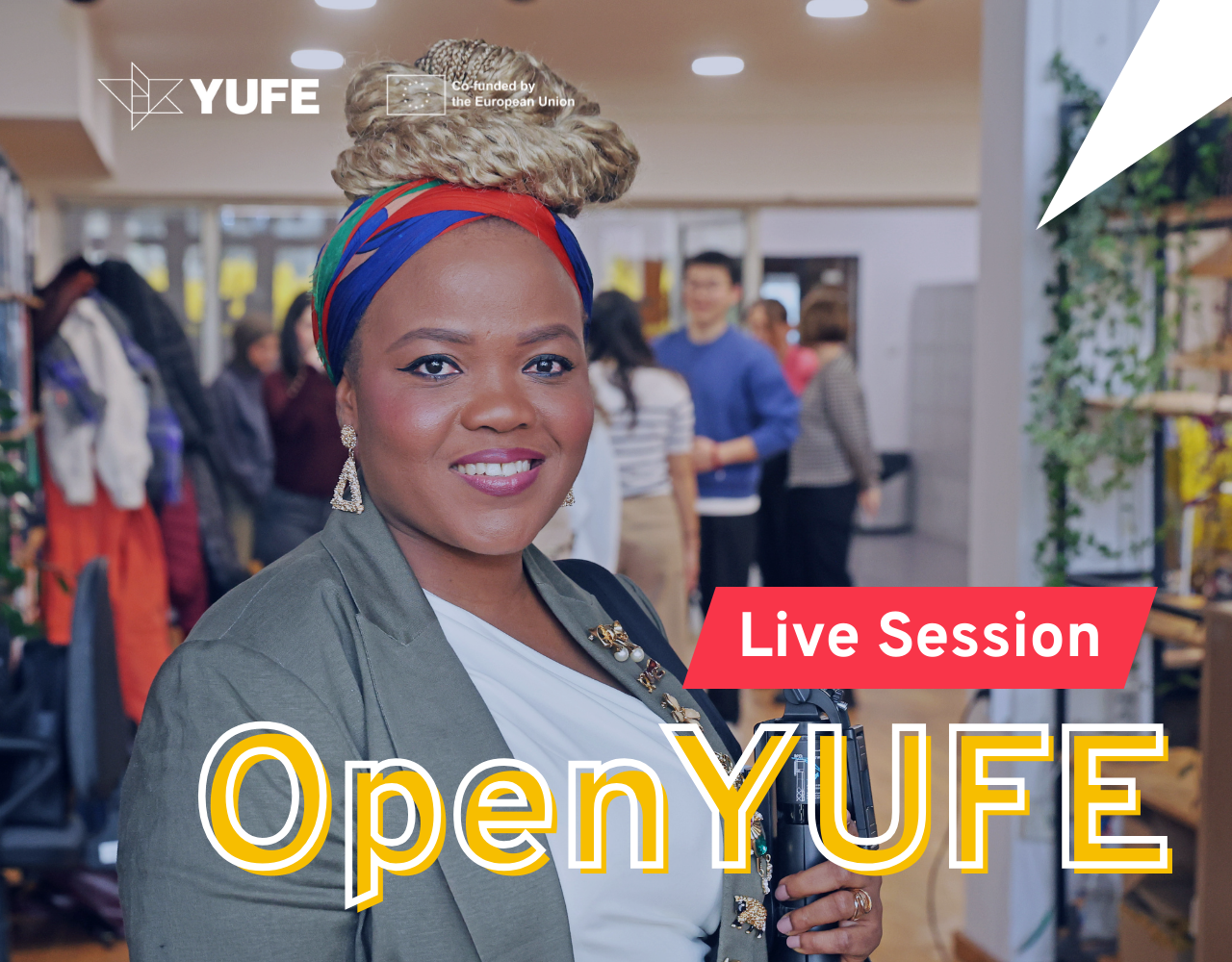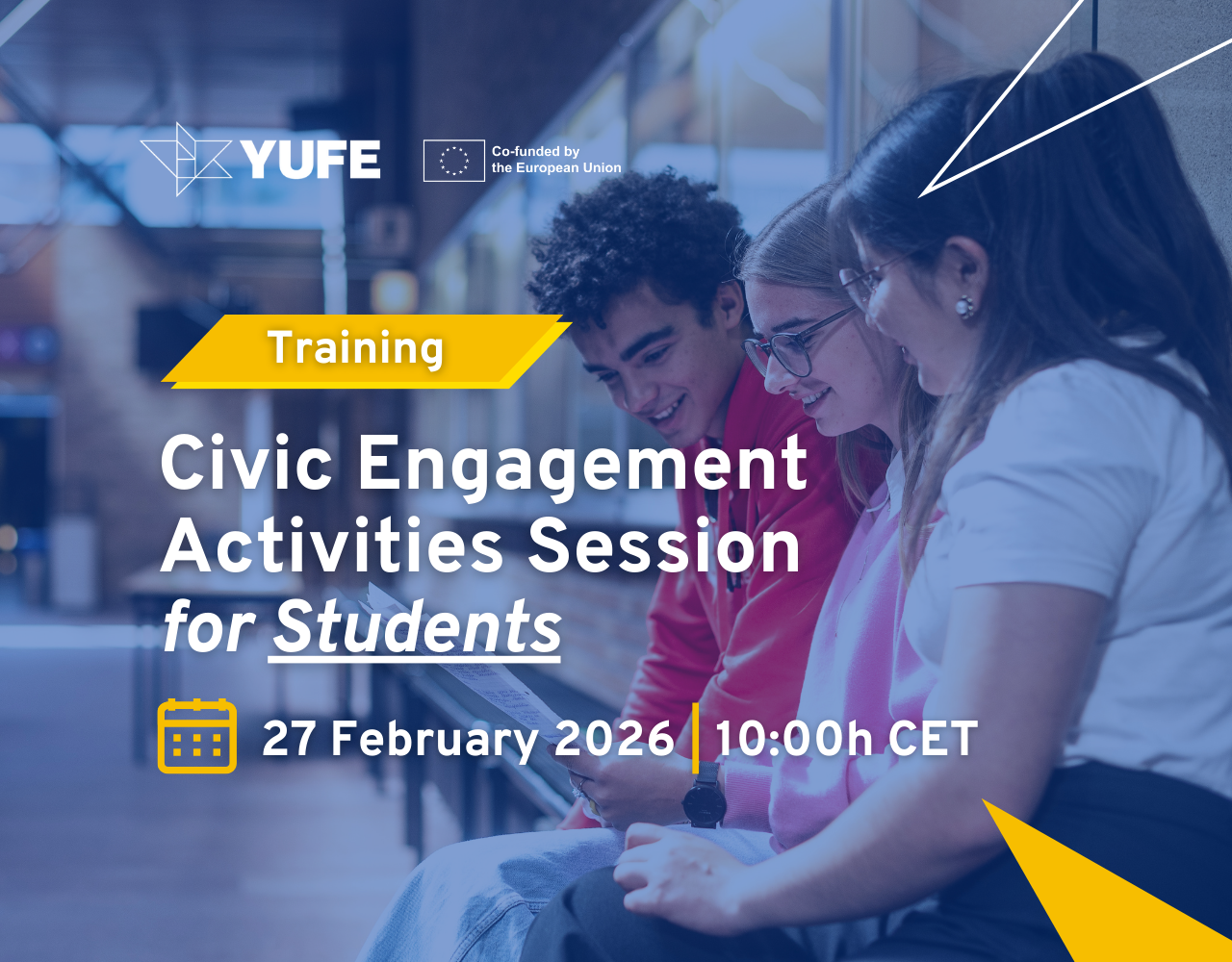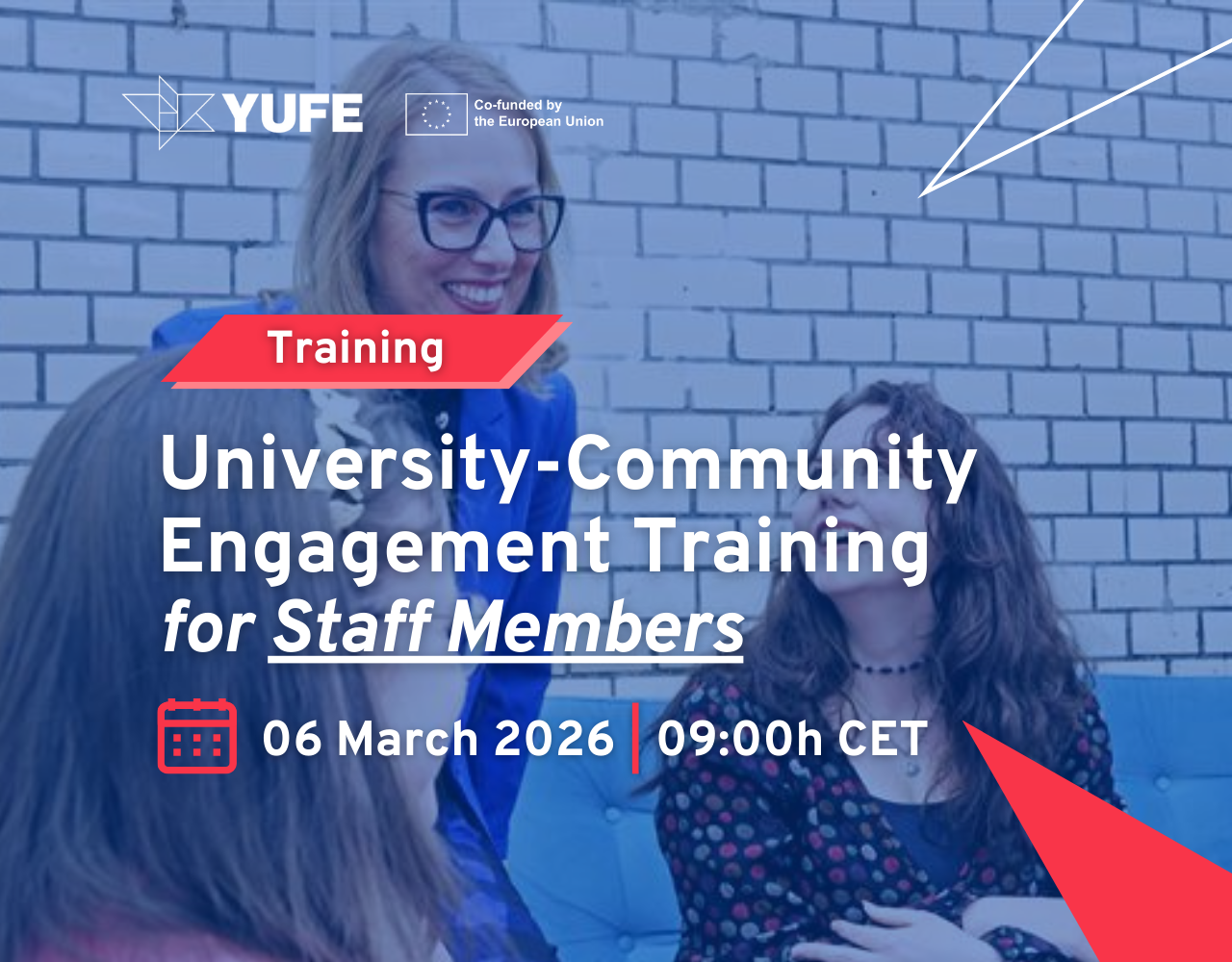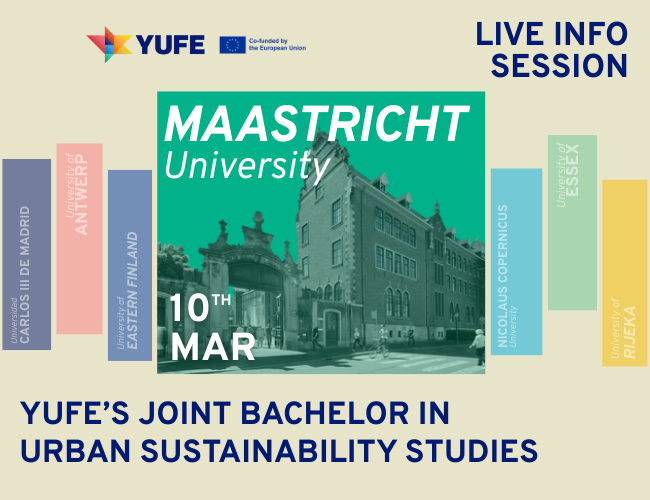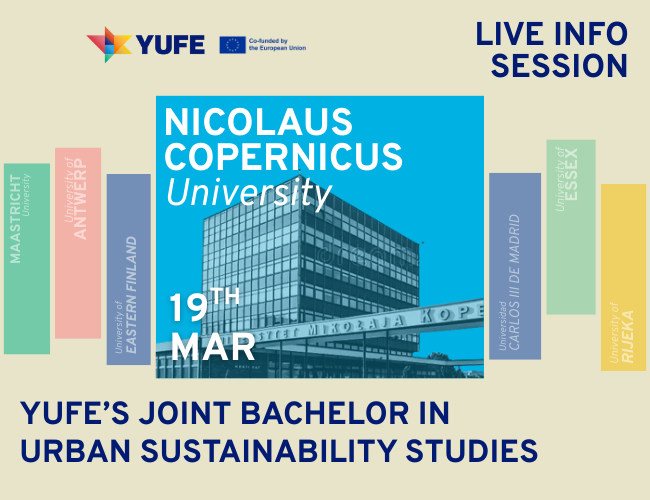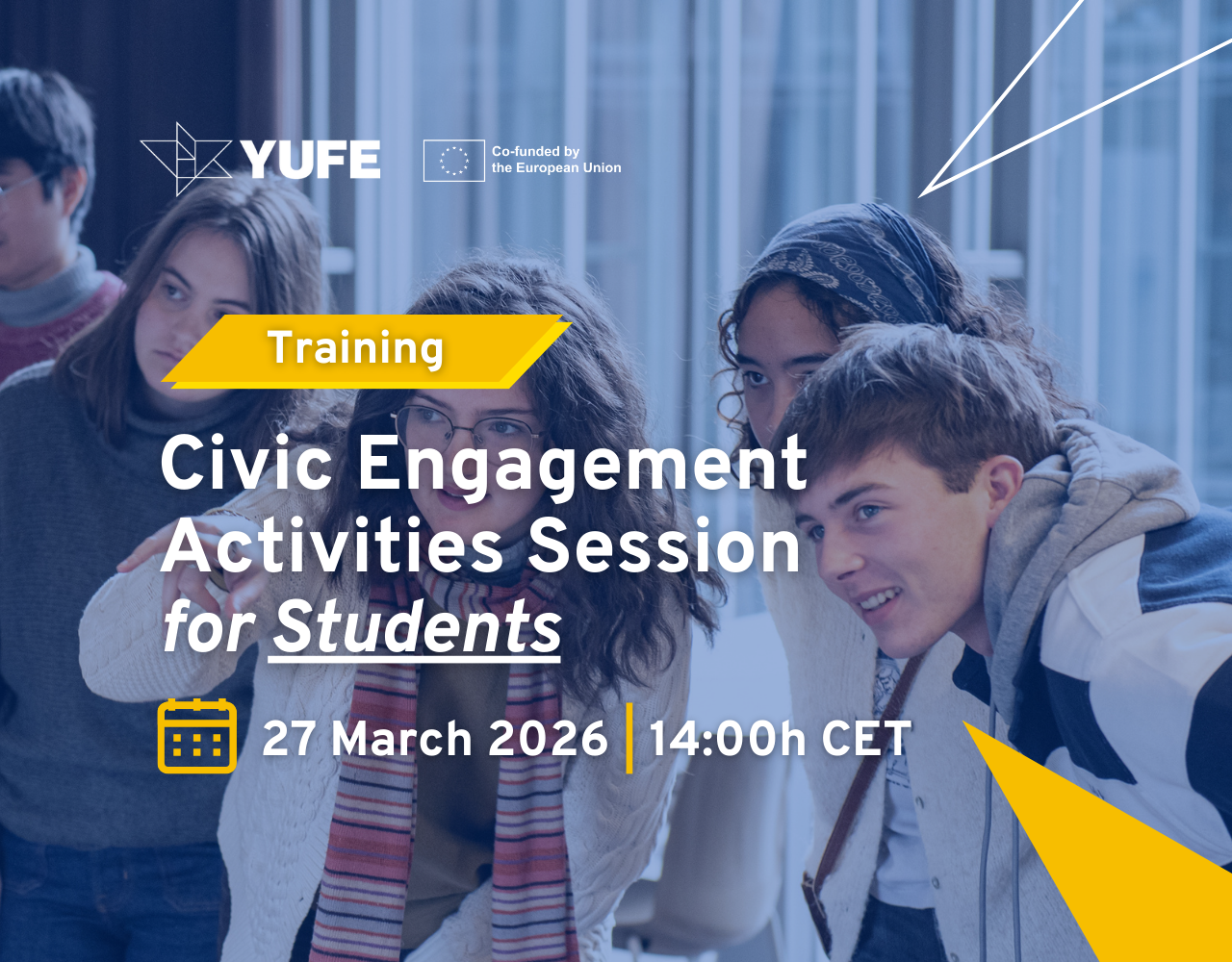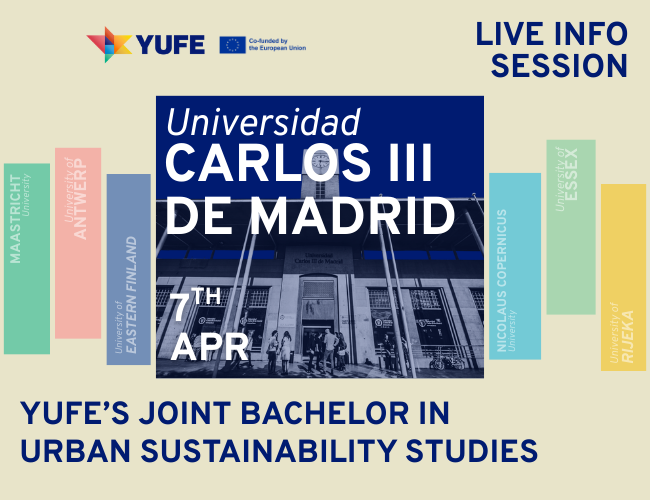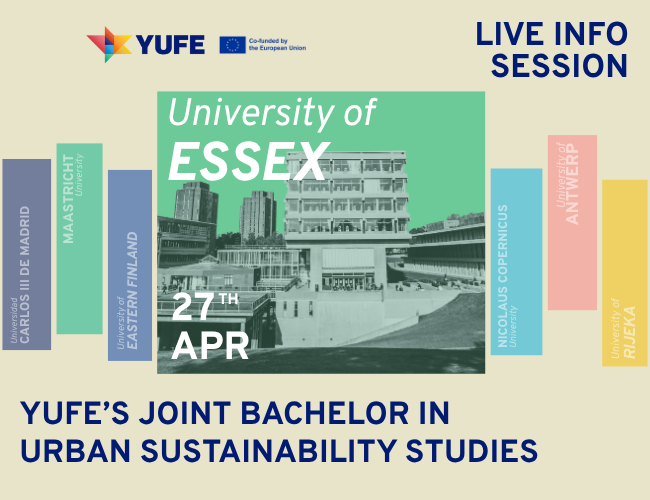
In an era defined by rapid technological advancements, the concept of "Digital Societies" encompasses the intricate ways in which our lives, work, and interactions are shaped by digital technologies. This YUFE4Postdocs program invites postdoctoral researchers to delve into the multifaceted aspects of Digital Societies, exploring both the opportunities and challenges they present.

Federica Di Biase
Host University: University of Cyprus
Department: Digital Humanities Geoinformatics Laboratory, Archaeological Research Unit – Department of History and Archaeology
Supervisor: Prof. Apostolos Sarris
Co-Host University: University of Maastricht (Prof Costas Papadopoulos)
Digital Storytelling in Cultural Heritage Institutions of Small Mediterranean Islands
My research critically analyses the digital portfolios of small, remote cultural heritage institutions in the Mediterranean and the digital challenges they face. Additionally, the project aims to empower cultural heritage officers by providing capacity-building initiatives to enhance their digital skills in creating engaging and impactful stories through digital technologies.
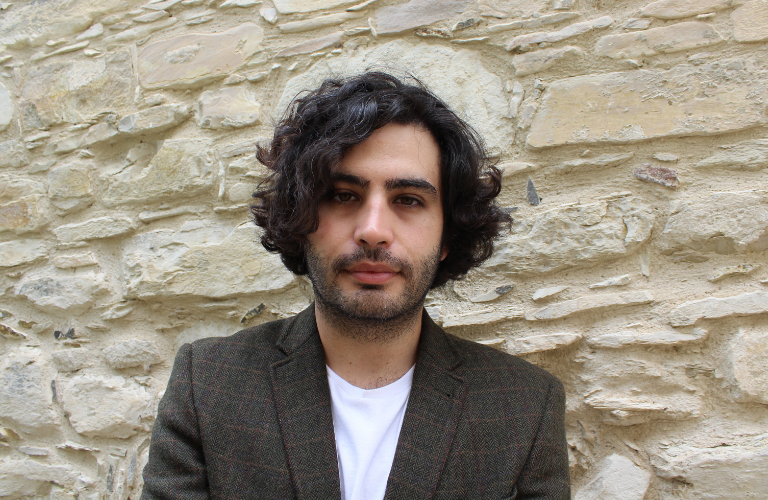
Giorgos Venizelos
Host University: University of Cyprus
Department: Department of Social and Political Sciences
Supervisor: Prof. Dimitris Trimithiotis
Co-Host University: University of Bremen (Prof. Martin Nonhoff)
Populist/Anti-Populist Polarization in the Age of Post-Truth
‘Populism’ receives tremendous attention in contemporary debates. It is often associated with post-truth, misinformation, anti-vax movements and polarisation. Without taking this connection for granted, this project shifts focus towards the largely ignored side of anti-populism and the way ‘populism’ is used, by who, why and with what effects for democracy.
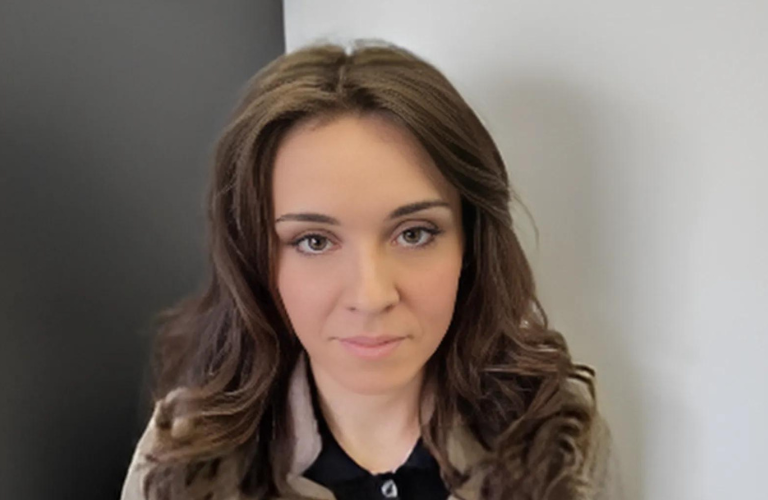
Irene Landini
Host University: University of Antwerp
Department: Faculty of Social Sciences, Edubron (Educational research with impact)
Supervisor: Prof. Noel Clycq
Co-Host University: University of Essex (Prof. Renee Luthra)
Digitalization and social inclusion of migrant parents in primary and secondary schools: a challenge or an opportunity?
This project investigates the impact of digitalization in public primary and secondary schools upon the social inclusion of parents with a migratory background in various cities in Belgium and Italy. The research aims to involve teachers, parents, and civil society actors (social workers, non-profit organizations, etc.) in the elaboration of bottom-up sustainable digital strategies and practices in the education domain.
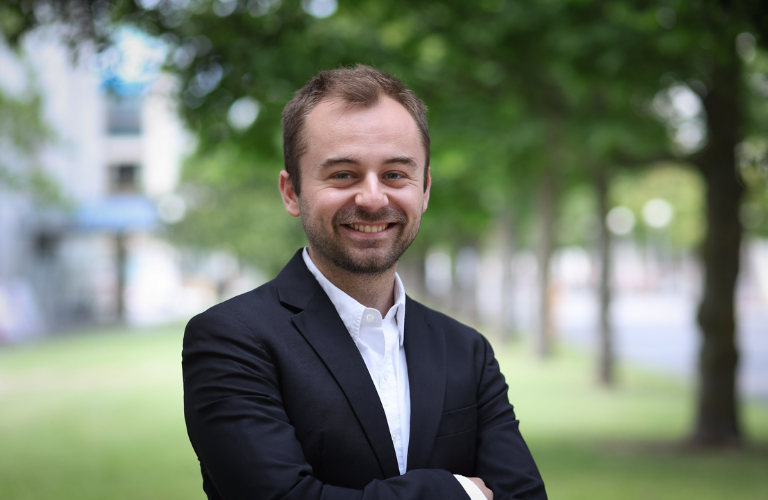
Javier Fumanal Idocin
Host University: University of Essex
Department: School of Computer Science and Electronic Engineering (CSEE)
Supervisor: Prof. Javier Andreu-Perez
Co-Host University: University of Maastricht (Prof. Alexia Briassouli)
Understanding Human Perception through AI
This project explores the intersection of AI and human perception by integrating logic-based inference alongside deep network models. It aims to create explainable AI systems that interpret the world and explain their decisions in human-comprehensible ways. It can also be exploited to train further and correct the models.
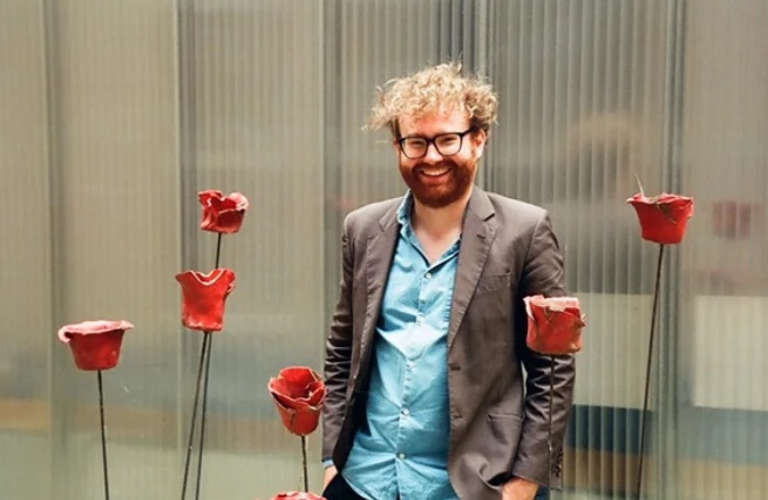
Kris Goffin
Host University: Maastricht University
Department: Department of Philosophy, Faculty of Arts and Social Sciences
Supervisor: Prof. Katleen Gabriels
Co-Host University: University of Antwerp (Prof Katrien Schaubroeck)
Breaking the Bias in Emotion Recognition Software
Can AI have empathy? Do care robots genuinely care? Utilizing my background in the philosophy of cognitive science, I investigate emotion recognition software and its racial and gender biases while also exploring emotional AI applications for autism, grief bots, and therapy bots.
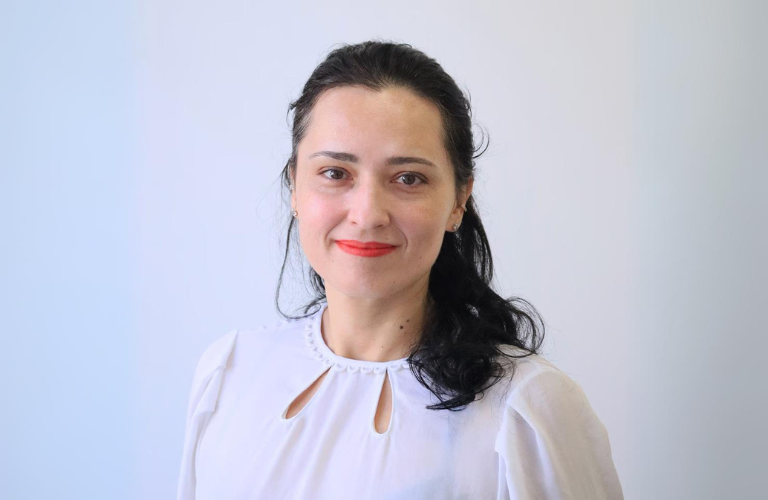
Larissa Galdino
Host University: University of Bremen
Department: Faculty of Mathematics and Computer Science (03) Working Group “Digital Transformation of Public Services”
Supervisor: Prof. Bjoern Niehaves
Co-Host University: University of Antwerp (Prof. Koen Verhoest)
RESPECTech - Responsible Procurement Practices for the GovTech Ecosystem in European Cities
GovTech is driving the transformation of public services through solutions designed by external partners. However, challenges such as trust and unclear rules permeate this ecosystem of startups and non-state actors.
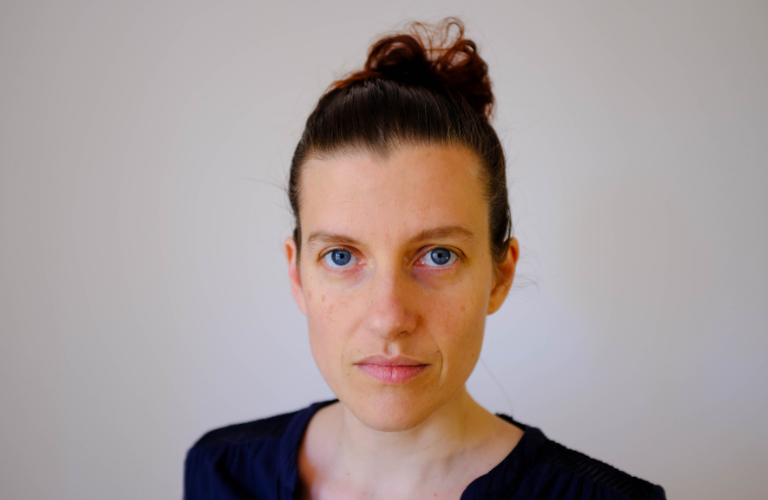
Magali Ruet
Host University: University of Rijeka
Department: Center for Language Research, Faculty of Humanities and Social Sciences
Supervisor: Prof. Benedikt Perak
Co-Host University: University of Antwerp (Prof. Mieke Vandenbroucke)
Empowering Urban Communities: Using AI for Cultural Integration and Language Learning
This research explores AI’s impact on education and mobility/migration, focusing on improving cross-cultural communication and human relationships. By using socio-anthropological methods and pedagogical experiments, it offers valuable insights for language teachers, policymakers, and support organizations, potentially aiding newcomer integration and reducing social exclusion.
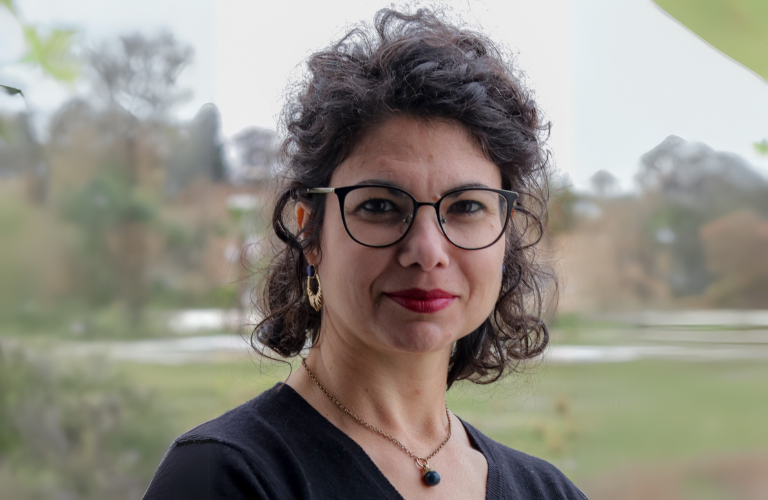
Marianna Liosi
Host University: University of Essex
Department: LiFTS – Department of Literature, Film, and Theatre Studies
Supervisor: Professor Shohini Chaudhuri
Co-Host University: University of Antwerp (Professor Paolo S H Favero)
The digital habitat as a space for reappropriation of land, narratives, and cultural memory among Arab diaspora artists in Europe.
Exploring digital space as a third environment that echoes dynamics occurring in natural and urban spaces, my research critically observes whether and how digital space functions as a territory that artists in the diaspora, in particular Arab artists living in Europe, appropriate as a form of civil participation in the post-revolution phase in their country of origin.
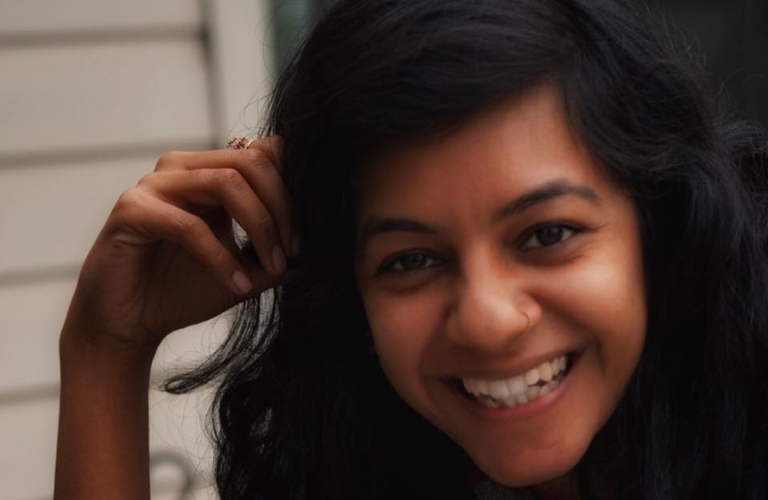
Neha Bhatia
Host University: University of Antwerp
Department: Department of Communication Studies, Visual and Digital Cultures Research Center (ViDi).
Supervisor: Prof. Philippe Meers
Co-Host University: University of Essex (Prof Shohini Chaudhuri)
Circulating Indian Cinema Globally
This project analyzes the urban challenges, power dynamics, negotiations, digital transformations, and practices involved in the global circulation and distribution of Indian cinema, focusing specifically on non-Bollywood alternative cinema. Using case studies of international film festivals and bottom-up methods, such as participant observation and personal interviews.
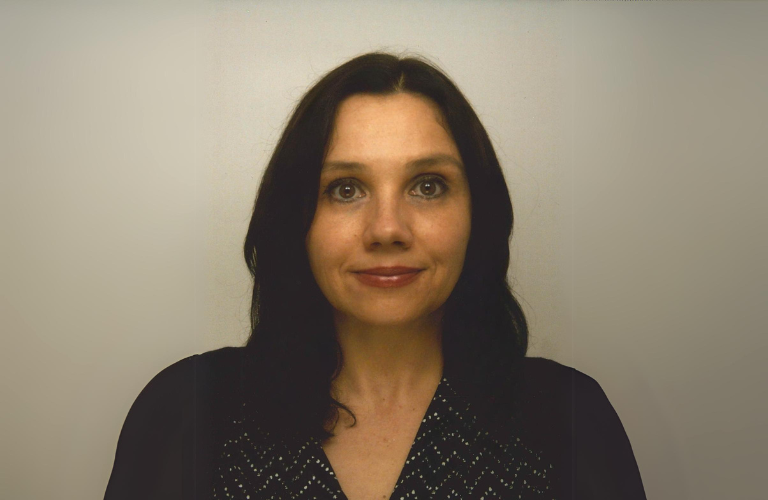
Vesi Vuković
Host University: University of Bremen
Department: Centre for Media, Communication and Information Research of the University of Bremen (ZeMKI)
Supervisor: Prof Winfried Pauleit
Co-Host University: University of Essex (Prof. Sanja Bahun)
Films by Yugoslav Women Filmmakers: Image, Sonic Icons, Lack of Digitalisation, and Gender
During this project, I aim: to raise awareness about mostly forgotten Yugoslav women filmmakers; by organizing a workshop on them at The Hanse-Wissenschaftskolleg (HWK), to closely analyse selected case studies consisting of their films, to touch upon archives and memory and to explore the politics of digitisation of cinematic artworks by Yugoslav women.
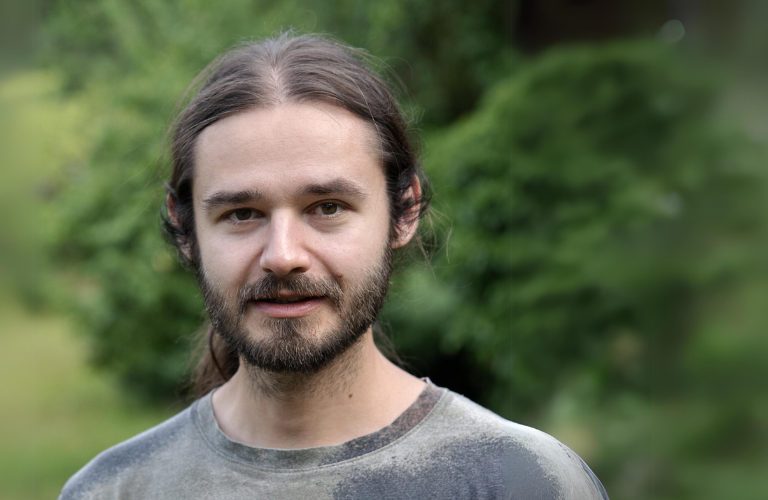
Vojtěch Fiala
Host University: Nicolaus Copernicus University in Torun
Department: Experimental Linguistics, Institute of Linguistics
Supervisor: Prof. Sławomir Wacewicz
Co-Host University: University of Bremen (Prof. Christian Kandler)
Face for social media
Internet users are exposed to a constant influx of visual stimuli, among which the most attention-grabbing are human faces. My project will map the links between exposure to social media and facial perception. This will inform app developers, psychologists, and daily users of how social media renders visually appealing stimuli.
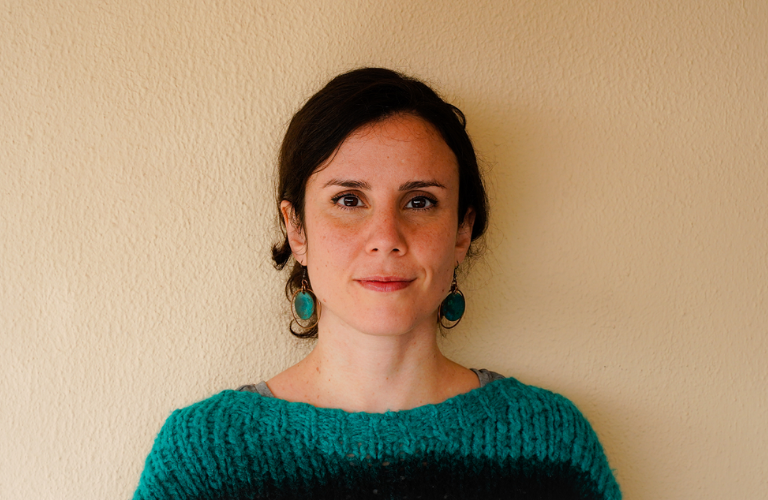
Lucía Cores-Sarría
Host University: Universidad Carlos III of Madrid
Department: Department of Social Sciences, School of Law and Social Sciences
Supervisor: Prof. Simon Chauchard
Co-Host University: University of Bremen (Prof. Cornelius Puschmann)
Understanding emotion-driven news avoidance
Negative news often attracts more attention (‘if it bleeds, it leads!’); however, a growing number of people, especially younger audiences, report avoiding the news due to its impact on their mood. My research seeks to clarify this apparent contradiction by empirically examining the role of emotions in driving both news consumption and avoidance.


